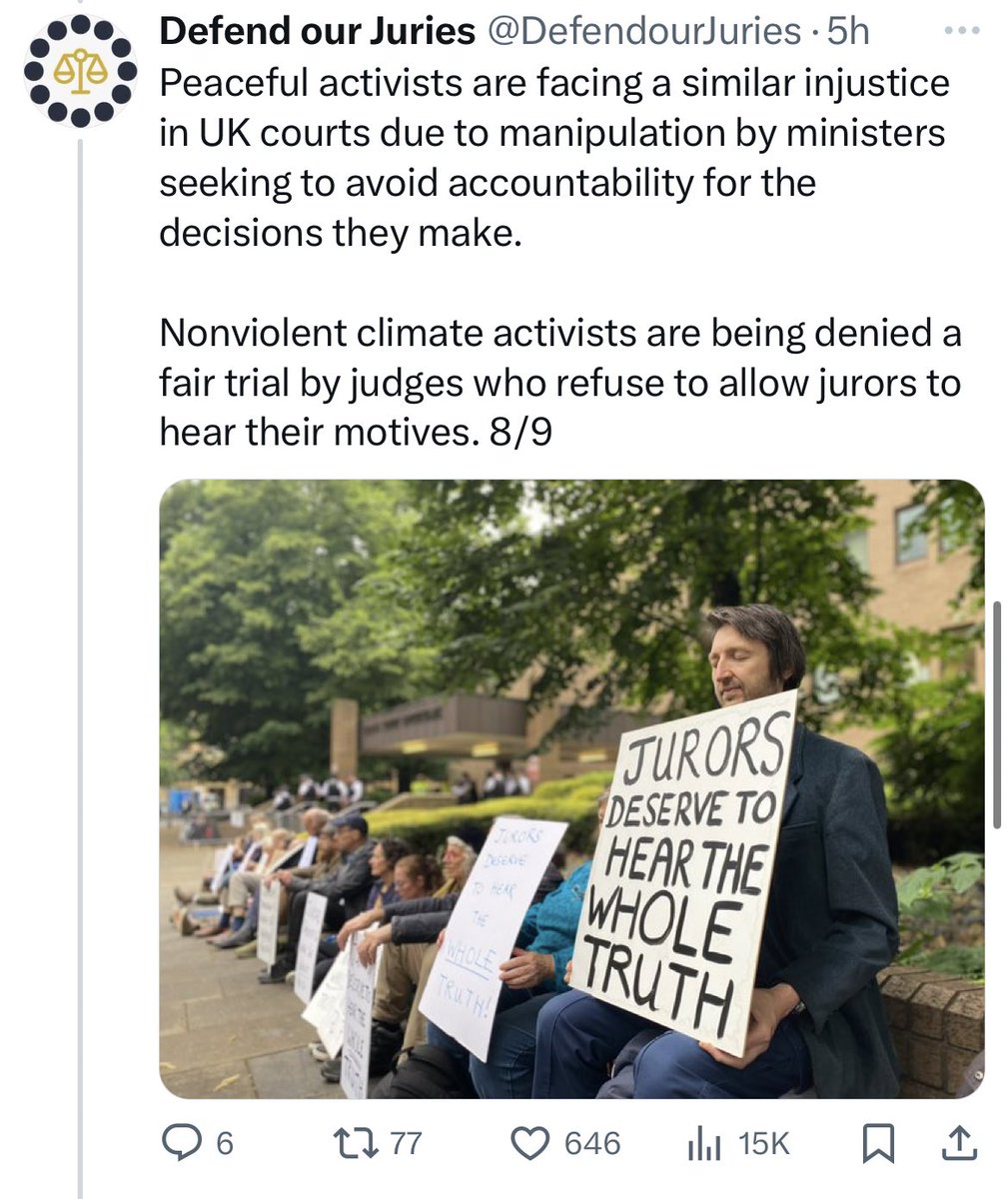I prosecute and defend the most dangerous criminals. I speak daily with victims of crime.
And I can tell you that there has never been as good a time to be a criminal as under @BorisJohnson’s government.
And I can tell you that there has never been as good a time to be a criminal as under @BorisJohnson’s government.
https://twitter.com/BorisJohnson/status/1305840465158254594
.@BorisJohnson has refused point blank to resource the courts. His government has cut court capacity, causing a backlog of over half a million cases.
When Covid hit and made things even worse, @BorisJohnson still refused to make money available to assist the courts.
When Covid hit and made things even worse, @BorisJohnson still refused to make money available to assist the courts.
There is now typically a delay of 2 to 3 years between a crime being reported and a case coming to trial. In that time, witnesses’ memories fade. Many lose faith and disappear. So cases collapse.
If I were a guilty criminal, I would raise a toast to @BorisJohnson every day.
If I were a guilty criminal, I would raise a toast to @BorisJohnson every day.
“Tougher sentencing” is snake oil. It means nothing when it is taking years to bring people to trial; when the government’s conscious policy is to force witnesses and victims of crime to wait years for a trial, rather than spend a relatively tiny amount on resourcing the courts.
• • •
Missing some Tweet in this thread? You can try to
force a refresh









